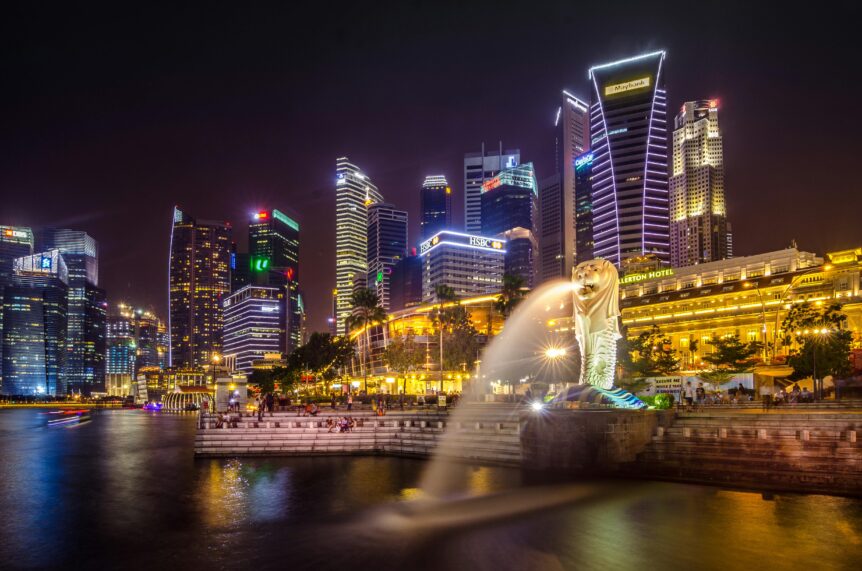How did you get interested in writing as a form of self-expression?
If I think back to my upbringing, my childhood, and try and identify where some of those first inclinations, the origins of those inclinations, might be located, the first thing I would say is that I was quite an introverted child and I was an avid reader. I would spend a lot of time reading books although there wasn’t much poetry. I read a lot of novels and enjoyed my English classes at school.
How does an interest in poetry emerge?
The first time I was introduced to the notion of writing poetry was in primary school. The tendency was that if a teacher thought you were good at writing and you were doing well in your English exams, they recommended you for a creative writing programme. I was 11 years old and my teacher thought it right for me to apply. Back then though, I hadn’t yet found the kinds of ideas and themes that could best be expressed in poetry and was just scrambling around for ideas. I didn’t think I had much in the way of substance to my writing. Nevertheless, it was encouraging at the time to be selected to go and do a course because someone thought I was good at something.
How do you develop from that initial support?
That thought, that I was good at Literature and Writing, persisted, so much so, that when I moved up to secondary school, I applied for another creative writing course and I was accepted for that. That was when I was 14, and when I was 16, I helped to organise that programme as part of its student council.
When I was 17, I was accepted into the programme again and this time I was paired with a mentor who was quite an accomplished and published poet. I would consider that I was very fortunate to be exposed to those institutionalised programmes of creative writing, but I never really felt that I had something distinctive to write about at that time.

How did your writing progress?
Since I was a child, up through my adolescence, a key question for me was one of belonging and also one of identity. That comes from my familial history. My father is Malaysian. He left Malaysia for boarding school as a child, so he lived in Perth in Australia, then Oxfordshire in England and he went on to university in London. After he finished university, his parents decided to leave Kuala Lumper and they emigrated to Houston, Texas, which is where my dad’s side of the family still lives. My paternal grandmother and cousins live between Houston and Dallas.
My mum is South Korean, but my maternal grandfather moved the entire family to Hong Kong in the late 1960’s, early 1970’s, and my mum grew up there. She learned to speak English and Cantonese as well as the Korean she spoke at home.
The paths of my parents converge in New York City in the 1980’s. My father worked in finance and my mother worked in the fashion sector. The met through mutual friends, and after a while they got married. I was born a few years after their marriage. When I was 1 year old, we moved to Singapore.
I grew up in Singapore as a US citizen with Singaporean Permanent Residence which is sort of like a Green Card except you have to renew it every 5 years. I grew up with, not quite alienation, but more, ambiguity and uncertainty. I didn’t go to an international school. Instead I went to a local school in Singapore, and that meant I was surrounded by Singaporeans. I was the only person in school who had my sort of background. I was the only student without a Singaporean passport.
That lead to a lot of adolescent agonising, raising questions in conversations with my parents, about where did I belong, where did my family belong. The initial cluster of themes which emerge for my poetry arrive when I enlisted into the Singaporean military. This raised another series of questions: What does it mean to serve in a national military to protect and defend a country’s sovereignty? What do the following concepts mean – Citizenship – Nationality – Ethnicity?
I have since renounced my American passport and am a Singaporean citizen, which has raised another dimension of ambivalence as to how well I’ve been accepted in Singapore. These questions bedevilled me especially when I was in the military, because I was the first one from either side of my family to do any kind of military service in my generation. Eventually those feelings matured into the first set of themes in my first book, going home (2022).

That is a short sketch of the first phase of my life, the creative writing pedagogy I was a recipient of in my school years and then questions of an existential nature while growing up and eventually serving in the military, which lead to the themes which emerge in my writing and eventually in my books.
What are the key themes in that book?
I look at the historical conditions, the economic conditions, or even the personal decisions, which lead to different members of my family deciding to move to a new country or city, for one reason or another, at different points in history. The book interrogates politics, push and pull factors, and the allure of different places.
To see more of the work of Jonathan Chan click on the link below
